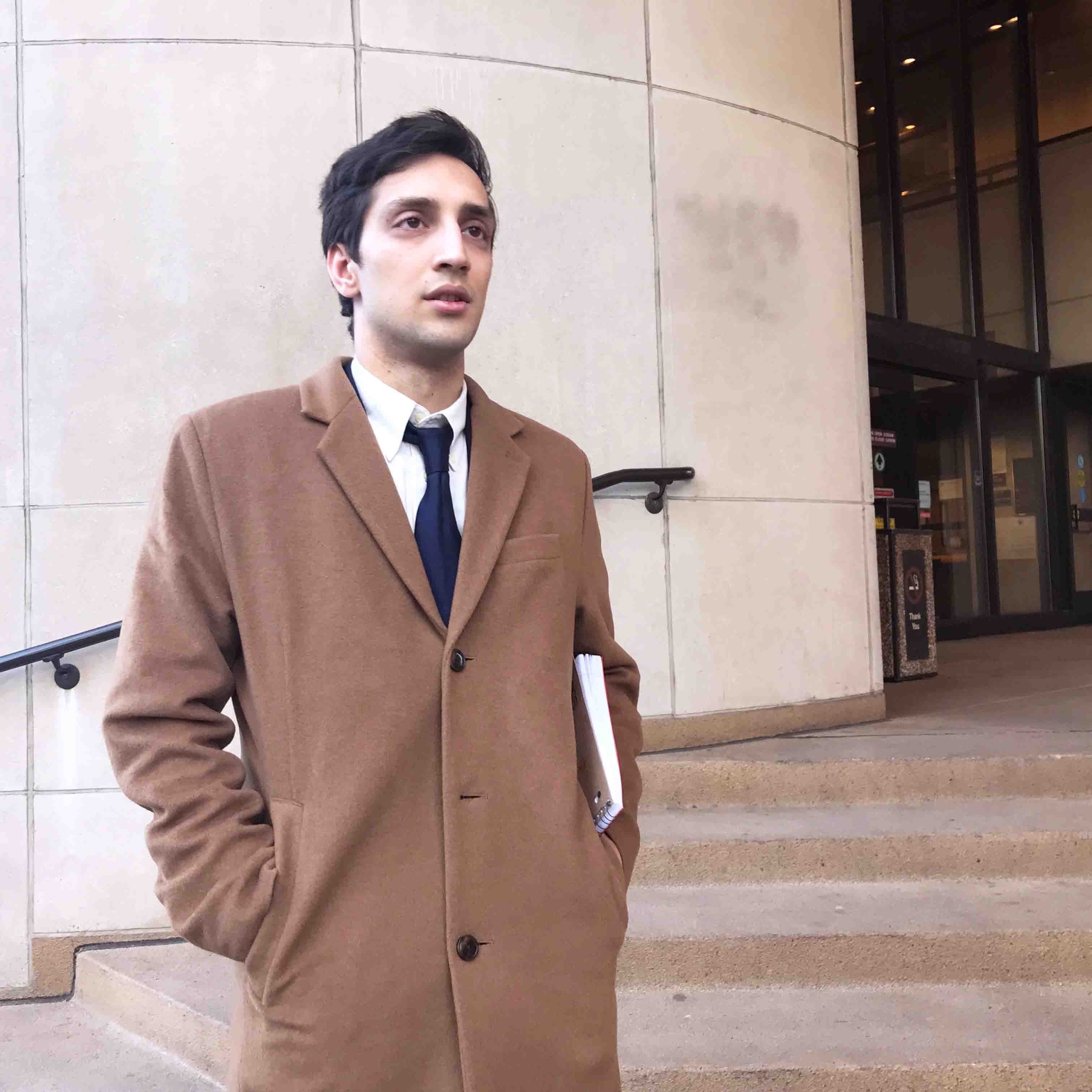
Saifullah Khan, the Yale undergraduate who in March was found not guilty of sexual assault after a two-and-half-year legal battle, will return to campus as a senior this fall, he told the News on Sunday.
After Khan was arrested on charges of sexual assault in November 2015, the University-Wide Committee on Sexual Misconduct suspended its investigation into the incident until the allegations had worked their way through the criminal justice system. On April 5, about a month after a jury acquitted Khan on all counts, the UWC resumed its inquiry, according to committee documents obtained by the News. UWC policy allows students under investigation to continue taking classes while committee proceedings are underway.
According to UWC rules, the evaluation of formal complaints should take “about 60 days,” except in certain extenuating circumstances. As of Thursday, 126 days had elapsed since the University reopened its investigation into the allegations against Khan, but he told the News that UWC officials had informed him in July that they would extend his adjudication process into September.
“Yale has let me know that the UWC process has been extended all the way till September for a ‘more thorough investigation,’” he wrote to the News. “I am deciding to attend University this fall.”
He declined, however, to comment on what classes he plans to take or on whether he will live on campus.
University spokesperson Tom Conroy declined to comment on this story.
Michele Dauber, a Stanford professor of law and public advocate for improving university policies that deal with campus sexual assault, noted that under new Trump-era guidance from the Department of Education, Yale can more easily delay a UWC decision. Under Title IX, she explained, schools must ensure a “prompt and equitable investigation” of complaints of sexual harassment, including sexual assault. Although the Obama administration issued guidelines defining a “prompt” resolution as one reached within 60 days, Dauber continued, the Trump administration rescinded those guidelines, giving schools like Yale “greater leeway to delay investigations.”
Almost three years have elapsed since the UWC halted its initial investigation into the allegations against Khan, and that hiatus could introduce additional challenges as the University adjudicates the case, Dauber added.
“The criminal outcome does not dictate any outcome in a Title IX or discipline investigation, regardless of the delay,” she said. “The delay however makes the determination somewhat more difficult as witnesses leave school, memories fade, and evidence may be lost. That’s one reason a prompt determination is best.”
Cynthia Garrett — co-president of Families Advocating for Campus Equality, a group that advocates for due process for those accused of sexual misconduct — told the News that public pressure facing Yale about Khan’s case has likely forced the University to be “even more careful” about their decision. A petition calling on Yale not to readmit Khan that was launched in May by Lacey Kohlmoos, who works at the activist social networking site Care2, had garnered almost 78,000 signatures as of Wednesday night.
Still, Garrett believes that Yale is “trying to do the right thing” by delaying Khan’s UWC case into the school year.
“They’re allowing him back on campus to take classes, which is not going to be easy for them,” Garrett said. “But I respect that they’re willing to do that, because that’s the right thing to do.”
Fall term classes begin on August 29.
Britton O’Daly | britton.odaly@yale.edu
Correction, Aug. 9: This version of the article has been updated to reflect the correct date when fall term classes begin. Classes start on August 29, rather than August 30.







